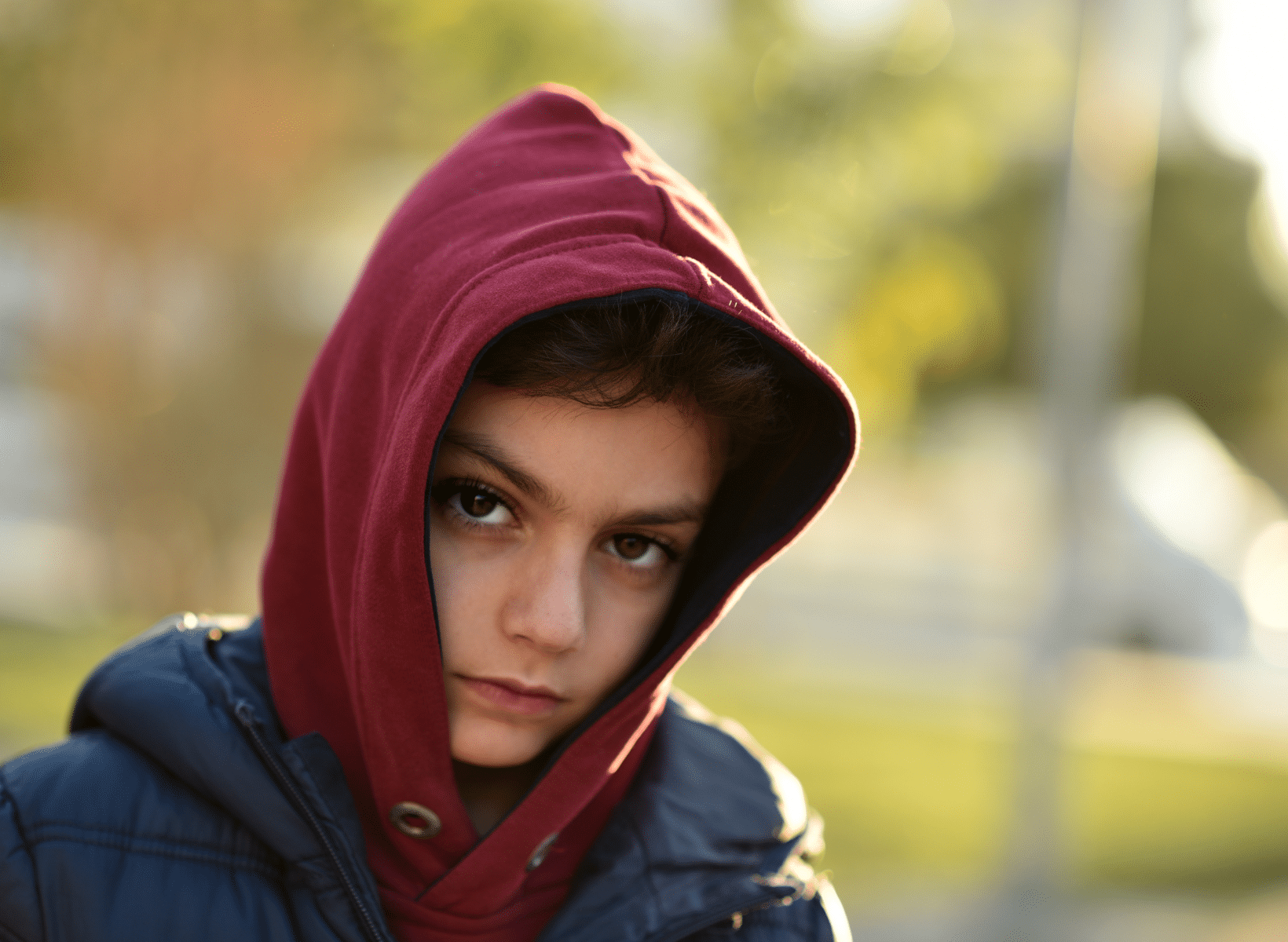[vc_row][vc_column][vc_column_text]By Terri Schexnayder
Often when someone dies, we seek to support the grieving family in a meaningful way. In a sign of solidarity and love, we attend memorials or funerals, send condolences, prepare meals, and sometimes participate in athletic events or donate to fundraisers for a related cause.
When a child or teenager loses a parent, their lives can be upended. Beyond losing the relationship, a child may experience food or housing insecurity, loss of healthcare, or even logistical challenges attending after-school programs. Their school may struggle with compassionate policies and procedures and seek to have the student return to school as soon as possible to ensure educational continuity (see our list of helpful ideas for compassionate schools here). Even university students report similar challenges following a death.
Yet, there is a little-known economic benefit that a bereaved child may be eligible to receive if either of their parents participated in the United States workforce. This Social Security benefit is available to some bereaved children, payable upon their parents’ death. However, some experts project that more than half of America’s parentally bereaved children are not receiving the benefit.
More than 2.2 million children in the United States today have experienced the death of a co-resident mother or father. Dr. David Weaver estimates that 45 percent of children with one parental death receive the SSA benefit, and 49 percent of fully orphaned children receive the benefit. Why so many children do not receive their eligible benefits is poorly understood. In some cases, families do not know about the benefit, or an administrative error denies an eligible child. In other instances, bereaved children or orphans do not qualify because their parents did not achieve fully insured status. Meaning either parent did not earn enough wages to receive the benefits.
According to the SSA, an unmarried child may be eligible for benefits if they are:
- Younger than age 18;
- 18-19 years old and a full-time student (no higher than grade 12); or
- 18 or older with a disability that began before age 22.
Once the child reaches age 18, they will no longer be eligible to receive benefits unless they are a student or disabled.
SSA guidance states, “a child can receive up to half of the parent’s full retirement or disability benefit. If a child receives Survivors Benefits, he or she can get up to 75 percent of the deceased parent’s basic Social Security benefit.”
Weaver’s study revealed that “when Social Security and other government programs are accessed, evidence suggests that child well-being is stabilized, thus plausibly facilitating better educational, health, and economic outcomes—a benefit not only to individuals, but also to the nation in terms of elevated human capital, productivity, and innovation.”
“It takes a village to raise a child. The potential for lifelong success, well-being, and prosperity depends on us — the community — to support a grieving family. As the nation reels from concurrent mortality epidemics, it’s important to understand the public benefits system, especially for our nation’s most vulnerable children,” says Joyal Mulheron, Executive Director of Evermore.
If you know of a child who has lost a parent, consider sharing SSA’s application for benefits with their caretakers.
Resources:
Evermore’s Report America’s Forgotten Orphans
SSA Blog Post: If You Are Young and Lose a Parent
Parental Mortality and Outcomes among Minor and Adult Children
[/vc_column_text][/vc_column][/vc_row][vc_row][vc_column][ultimate_info_banner banner_title=”Sign up for our newsletter” button_text=”Sign Up Now” button_link=”url:https://%3A%2F%2Fevermore.salsalabs.org%2Fmailinglistcopy1%2Findex.html” info_effect=”fadeInRight” overlay_color=”#ffffff”][/vc_column][/vc_row]

